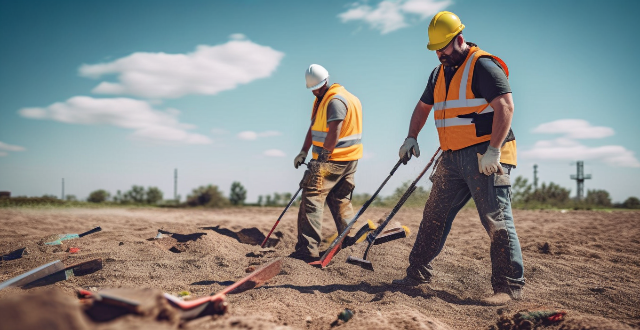Conducting regular safety drills is essential for emergency preparedness, improving response time, awareness, and coordination, ensuring compliance with regulations, and identifying potential weaknesses in plans.

Benefits of Conducting Regular Safety Drills
Conducting regular safety drills is an essential part of any organization's emergency preparedness plan. It helps ensure that employees and visitors are aware of potential hazards and know how to respond appropriately in case of an emergency. In this article, we will discuss the benefits of conducting regular safety drills.
Improved Response Time
One of the primary benefits of conducting regular safety drills is improved response time. When employees are trained on how to react during an emergency, they can act quickly and efficiently to minimize damage and protect themselves and others. This can be particularly important in situations where every second counts, such as fires or natural disasters.
Increased Awareness
Another benefit of conducting regular safety drills is increased awareness among employees about potential hazards and risks. By participating in drills, employees become more familiar with the layout of the building, the location of emergency exits, and the procedures for evacuating the premises. This knowledge can help them make better decisions during an actual emergency situation.
Better Coordination
Regular safety drills also promote better coordination between different departments and individuals within an organization. During a drill, employees from different areas of the company work together to complete tasks such as shutting down equipment, evacuating the building, and providing first aid. This helps build teamwork and communication skills that can be crucial during an actual emergency.
Compliance with Regulations
Many industries have specific regulations that require regular safety drills to be conducted. Conducting these drills not only ensures compliance with these regulations but also demonstrates a commitment to safety within the organization. This can help improve the company's reputation and reduce liability in case of an accident or incident.
Identification of Potential Weaknesses
Regular safety drills can help identify potential weaknesses in an organization's emergency preparedness plan. By analyzing the results of each drill, managers can identify areas where improvements need to be made, such as updating evacuation routes or adding additional safety equipment. This proactive approach can help prevent accidents and injuries before they occur.
Conclusion
In conclusion, conducting regular safety drills is essential for any organization that wants to ensure the safety of its employees and visitors. These drills improve response time, increase awareness, promote better coordination, comply with regulations, and identify potential weaknesses in emergency preparedness plans. By investing in regular safety drills, organizations can create a culture of safety that benefits everyone involved.